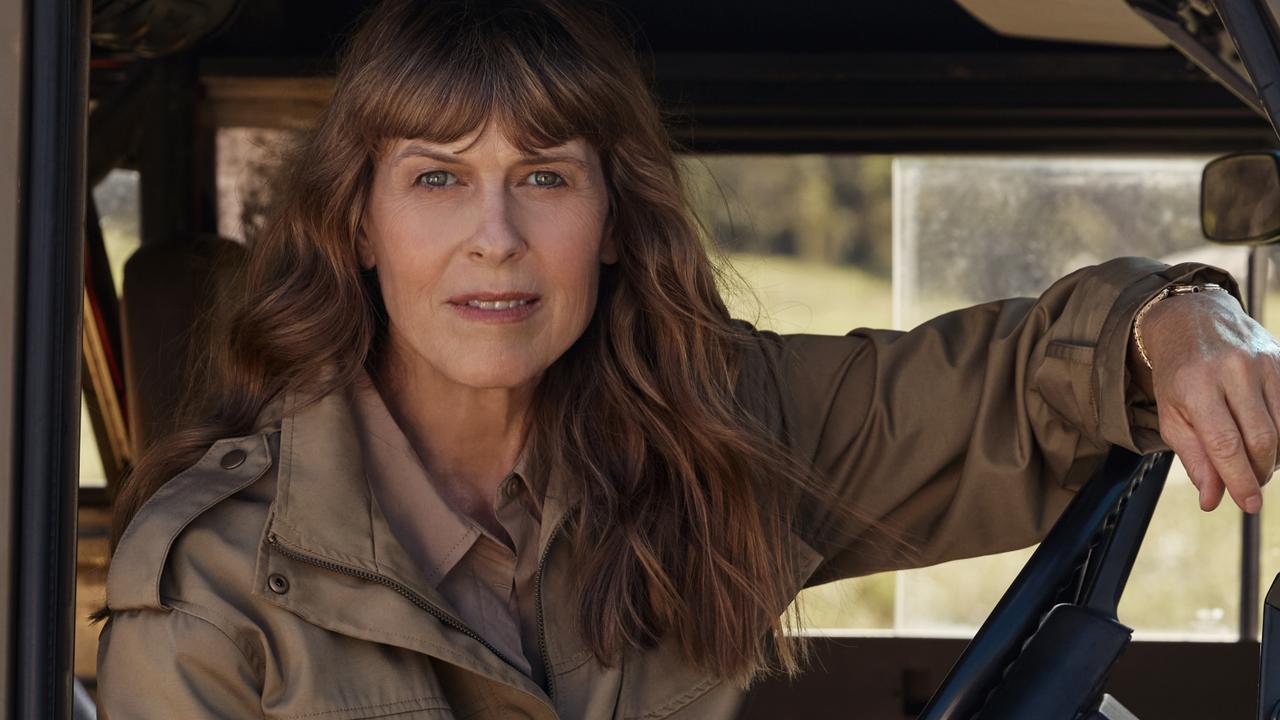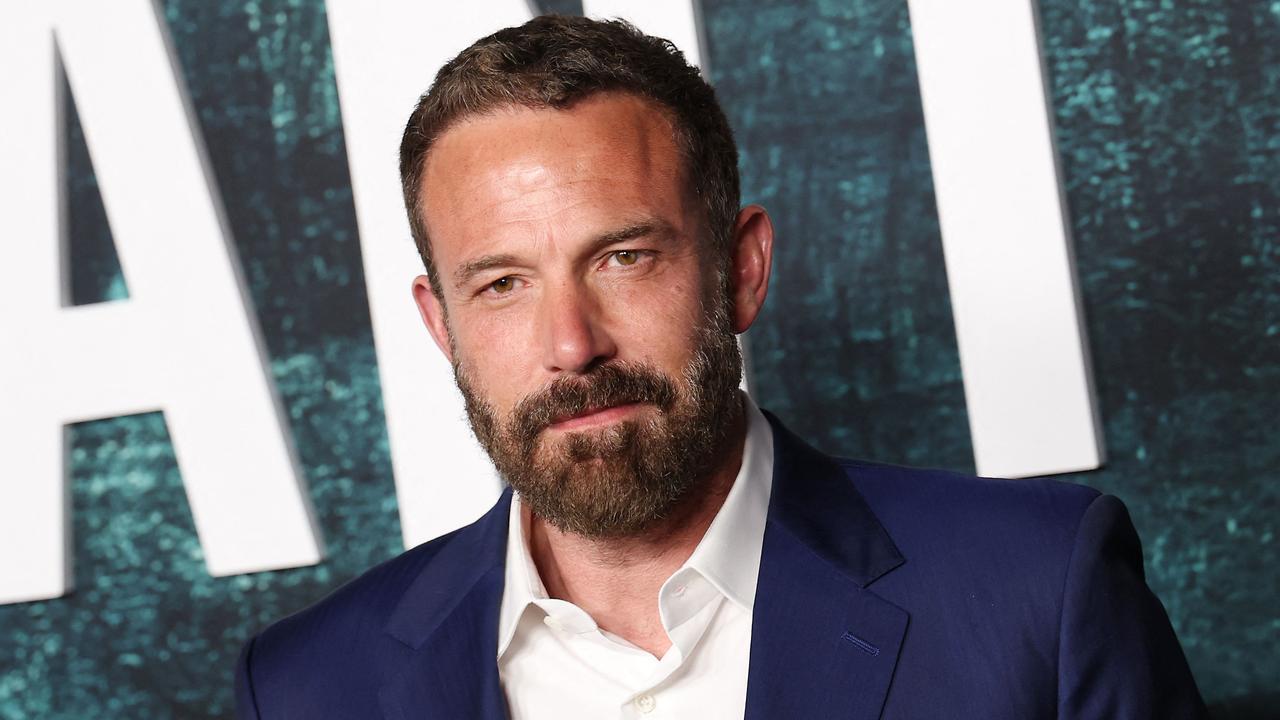What we don’t talk about on Mother’s Day
It is an occasion so often associated with joy, but for some people, the days leading up to Mother’s Day can be the most difficult time of the year – and it is time we talked about it.
Stellar
Don't miss out on the headlines from Stellar. Followed categories will be added to My News.
A lot of thoughts run through a woman’s mind the year she turns 34. Am I where I hoped to be in my career by now? Is it time to have a baby; add another bundle of joy to my existing brood; or simply turn off the ticking biological clock once and for all? Do I need to start actually listening to my accountant when they talk to me about superannuation?
And is it time to consider Botox … or at least a really good eye cream? A combination of these various conundrums crossed my mind as I rang in my 34th birthday (oh and yes, for the record, this was a few years ago now).
But amid the thirty-something existential white noise, one reflection was crystal clear: I had now lived half of my life without my mother. As anyone who has ever lost parent would attest, it’s a loss that transcends grief and untaps a complex web of feelings about identity, legacy and mortality.
The experience of grief is universal – and the death of either a mother or a father is a life-changing one, irrespective of the age at which it occurs. Over the years I have seen friends and colleagues make transformative decisions in the aftermath of losing a parent.
Indeed, many of those stories have been shared by prominent Australians in the pages of this very magazine. For me, losing my mother when I was 17, after watching her bravely wage a decade-long battle with cancer, would prove to be one of the single most defining chapters of my life. And while I was of course aware of the gravity of the tragedy at the time – the number of classmates in my year at school who had lost their mum could be counted on two fingers – as a teenager I could not have understood the profound ways in which her loss would impact the rest of my life.

How to explain to a 17-year-old that both the mostheart breaking and joyous moments in life are yet to come? That there will be trauma and triumph alike in the road ahead – but all of it to be navigated without a mother to commiserate and celebrate with.
Like many motherless daughters, I am fortunate to have had other loved ones to lean on throughout my life: a cherished family and a circle of dear friends. And yet there’s simply no denying the cavernous void left by my mum’s absence at certain moments. Graduating high school, landing my first real “proper” job, lacing up the bodice on my ivory gown on my wedding day, warily stepping through the hospital doors while cradling a newborn to head home and begin my new life as a mum without my own mum to call on.
It’s the knowledge that she cannot be here to see what became of her four children, and will never meet any of her grandchildren. That my sons will only ever hear stories about Grandma Jan, but will never hear her voice or feel her hugs themselves. And it’s the isolation and sadness that is rekindled every Mother’s Day when the inevitable onslaught of marketing to celebrate the most important/iconic/ irreplaceable person in your life kicks off once more.
Listen to more from Stellar on the Something To Talk About podcast wherever you listen to podcasts, or press play here:
In those first few years after Mum died, no day was harder than that as I braced myself for the well-meaning but unintentionally hurtful barrage of co-workers and acquaintances casually asking, “Have you bought your mum something for Mother’s Day?” or “Are you off to lunch with your mum this Sunday?”
To be clear, this is in no way to detract from what should rightfully be a happy day for many. I have never begrudged the importance of offspring across the country showering their mums with well-deserved love (and cards and gifts and breakfast in bed and, above all, a sleep-in).
In the seven years I have edited this magazine, we have always ensured Stellar celebrates Mother’s Day and motherhood in all its glorious forms (for instance, our much-loved annual gift guide is published today). But we have been mindful that, for a multitude of reasons, it is a day that can be painful for many and have sought to also share the stories of those whose experiences of grief, infertility and estrangement are magnified by this occasion.

So when I was approached by Motherless Daughters, an Australian charity that provides young children with Memories Of Mum journals and ongoing support to daughters whose mothers have died, to share my experience, I readily agreed – particularly since I am aware the days leading up to Mother’s Day can be bittersweet in a way only the motherless can understand.
As I wake up next Sunday morning (memo to my sons: ideally late, in case you didn’t get the hint about sleep-ins mentioned earlier), I will be acutely aware of my good fortune in being the mother of two beautiful children.
But, as I place their homemade cards on the shelf and clean up the debris from their boisterous breakfast preparation, I will also take a moment to think about my own mum. Because Mother’s Day is a day to celebrate all mothers – including those who are no longer with us.
More Coverage
Originally published as What we don’t talk about on Mother’s Day







